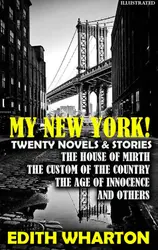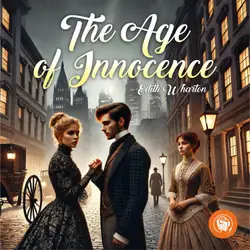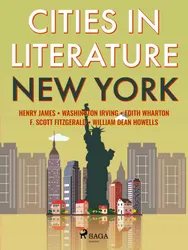Edith Wharton drew upon her insider's knowledge of the upper class New York "aristocracy" to realistically portray the lives and morals of the Gilded Age. In 1921, she became the first woman to win the Pulitzer Prize in Literature, for her novel The Age of Innocence.
Among her other well known works are The House of Mirth and the novella Ethan Frome.
Wharton's writings often dealt with themes such as social and individual fulfillment, repressed sexuality, and the manners of old families and the new elite.
A key recurring theme in Wharton's writing is the relationship between the house as a physical space and its relationship to its inhabitant's characteristics and emotions.
Contents:
The Novels
Fast and Loose
The Valley of Decision
Sanctuary
The House of Mirth
The Fruit of the Tree
Ethan Frome
The Reef
The Custom of the Country
Summer
The Age of Innocence
The Glimpses of the Moon
A Son at the Front
The Mother's Recompense
Twilight Sleep
The Children
Hudson River Bracketed
The Gods Arrive
The Buccaneers
The Novellas
The Touchstone
Madame de Treymes
The Marne
Old New York
The Short Story Collections
The Greater Inclination
Crucial Instances
The Descent of Man and Other Stories
The Hermit and the Wild Woman and Other Stories
Tales of Men and Ghosts
Uncollected Early Short Stories
Xingu and Other Stories
Here and Beyond
Certain People
Human Nature
The World Over
Ghosts
The Short Stories
List of Stories in Chronological Order
List of Stories in Alphabetical Order
The Play
The Joy of Living
The Poetry
Artemis to Actaeon and Other Verses
Uncollected Poetry
The Non-Fiction
The Decoration of Houses
Italian Villas and Their Gardens
Italian Backgrounds
A Motor-Flight Through France
France, from Dunkerque to Belfort
French Ways and Their Meaning
In Morocco
The Writing of Fiction
The Autobiography
A Backward Glance












